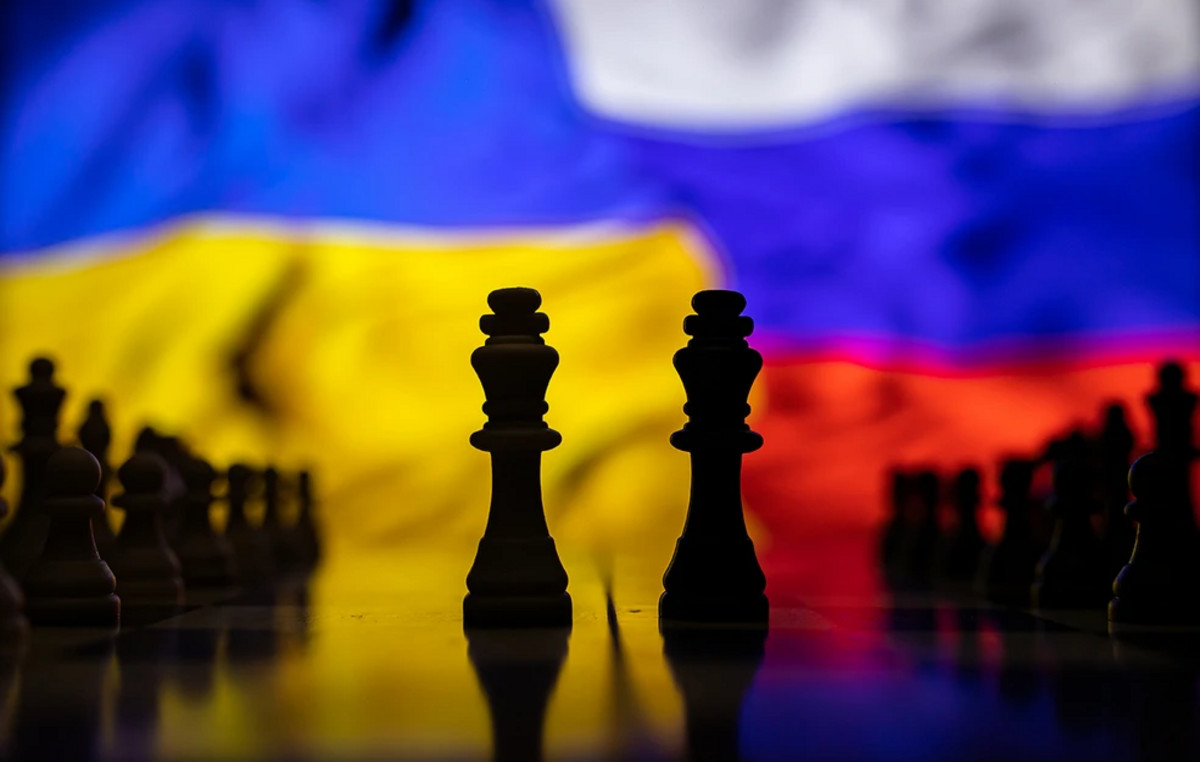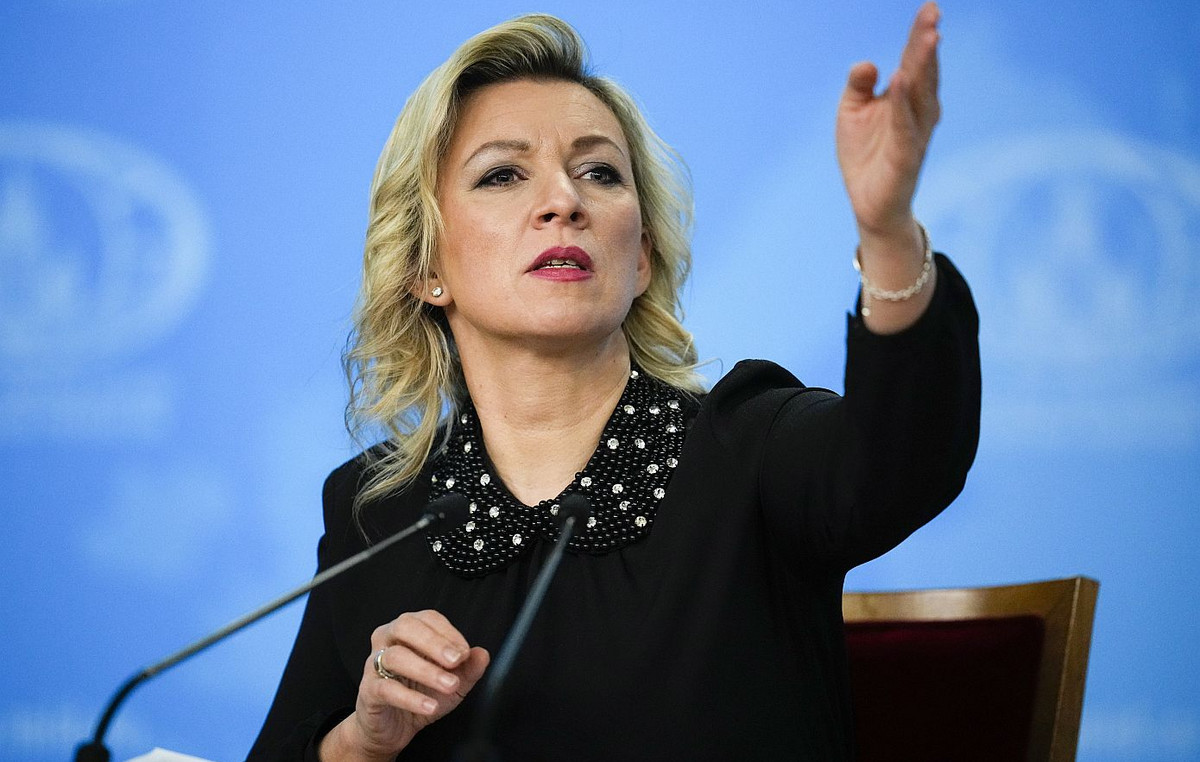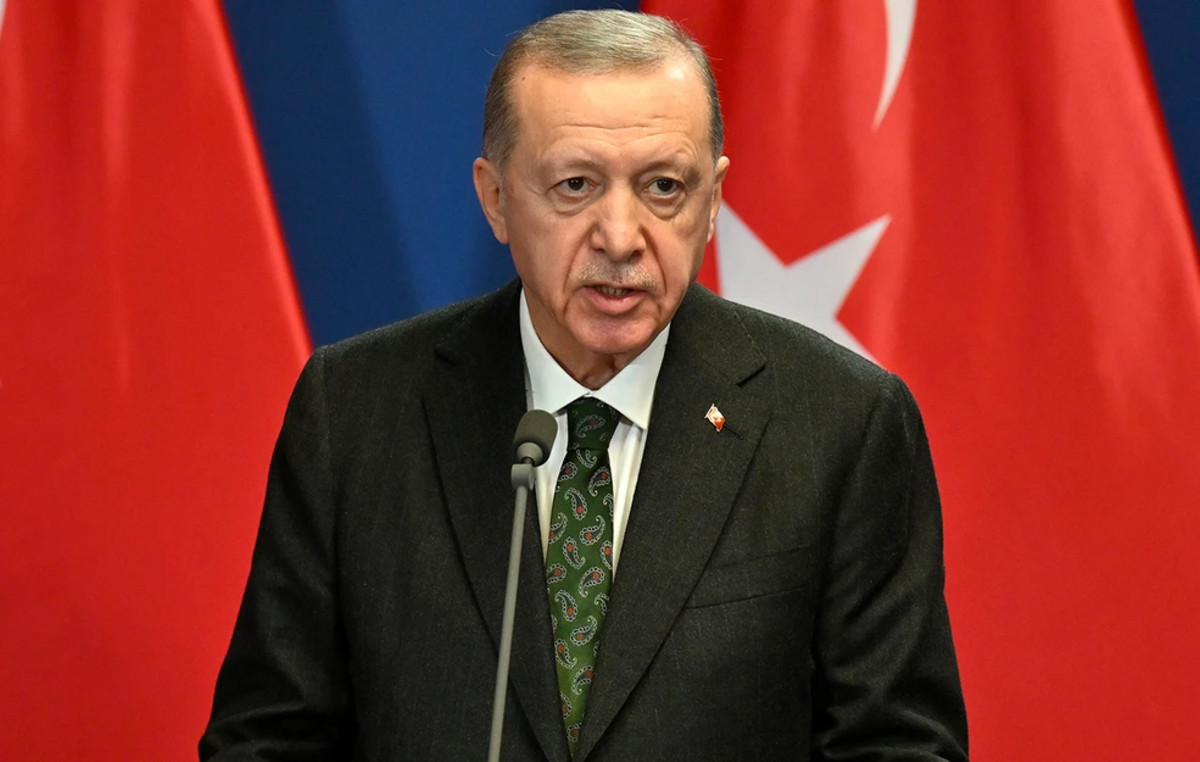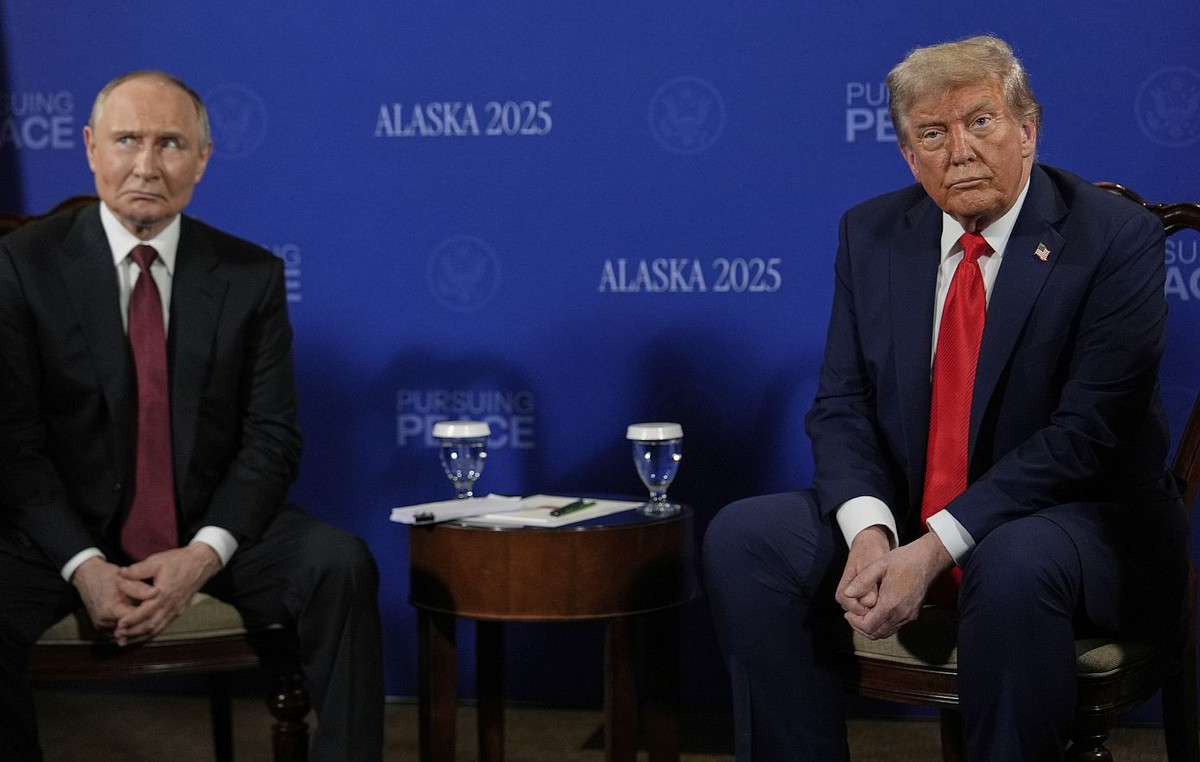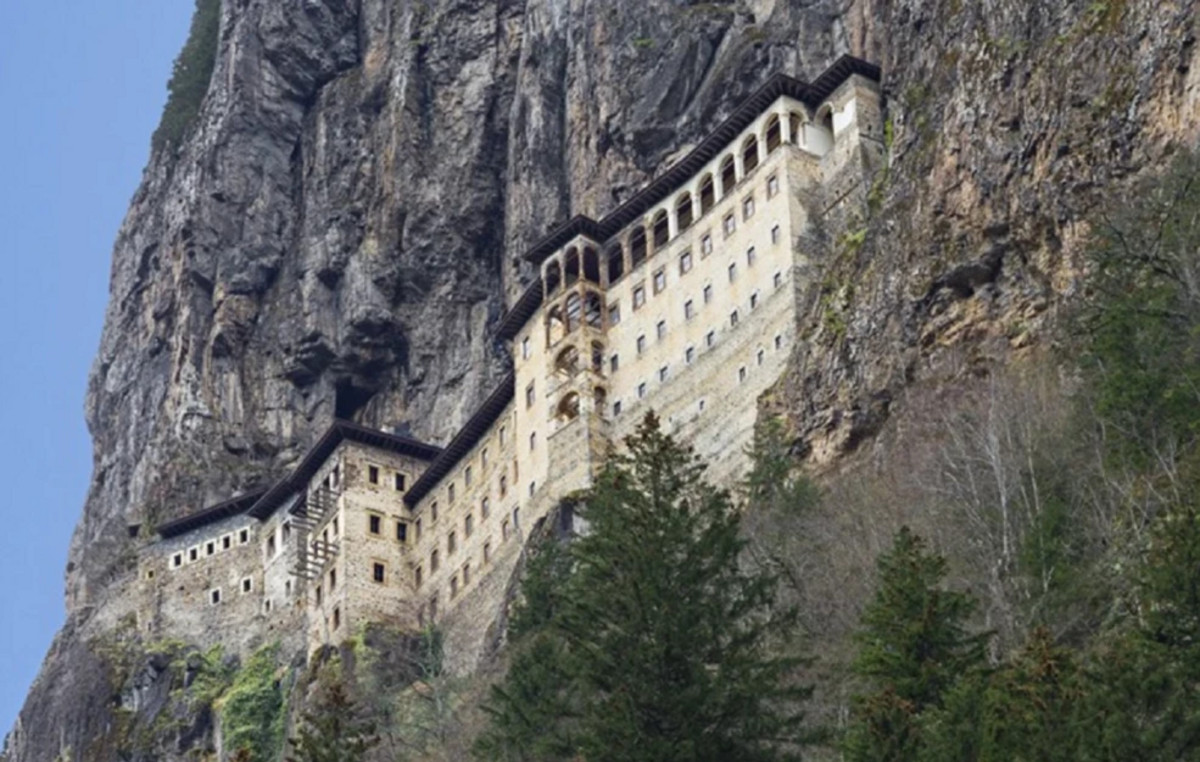The UK left the EU on 31st January 2020, and both the parties had until 31st December 2020 to come to agreeable terms and sign a deal for life. However, both the parties have still not been able to settle.
And now, the negotiators from both EU and UK have paused the talks about the much-needed post-Brexit trade deal.
When the UK was a part of the EU, trade was easier, and companies could buy and sell goods and move them across borders without any tariffs or taxes. Now that the UK is no longer a part of the EU, this free trade is not possible. So, a trade deal has to be agreed upon between both UK and the EU, otherwise, the companies that are involved in this trading will have to pay taxes, and that will inadvertently cause them to increase the prices of their goods, which the people will eventually have to bear. So, this is the reason a trade deal post-Brexit is important.
Also, the trade will not remain as smooth as before, and there will be a lot of delays for the lorries and containers to reach from one place to the other because of excessive border checks.
However, both the EU and the UK have a lot of concerns like the UK wants a deal on services like airline safety, medicine, information, and security threats, etc. Also, UK is concerned that who will get the allowance to use its fisheries. On the other hand, the EU is worried that the UK will provide financial aid to its companies, but that would put EU at a disadvantage.
The UK shares a land border with the EU in Northern Ireland, and the EU is apprehensive that the UK may try to bring some changes in the mutual agreement over Northern Ireland.
The Differences Remain Unresolved
EU’s negotiator Mr. Michel Barnier and UK’s negotiator David Frost have recently released statements stating that even after week-long intense discussions and negotiations in London, the two chief negotiators have failed to reach an agreement and their differences regarding fisheries, governance, etc. remain unresolved. So, the only agreement they reached was to pause the talks and brief their principals on the present situation regarding negotiations.
Michel Barnier is the chief negotiator on the behalf of 27 member states of the EU. He is in a tough spot because he can only speak, and act according to the mandate set by the leaders of these 27 countries. On the other hand, UK’s PM Boris Johnson’s spokesperson said that the UK government is trying hard to reach a settlement but of course, it cannot agree to terms that will leave the UK without any control or power.
The Irish PM Micheál Martin wants to give more space and time to these negotiators to come to better terms to reach a conclusive and better serving agreement regarding the post-Brexit trade deal.
Clement Beaune, the French European Ministers has said that France will use its right to veto if the deal does not consider or agree to France’s demands. The European Parliament and UK’s MPs will also have to formally agree and sign their consent for whatever deal happens, and the time is very short now because 31st December is just around the corner.
What happens when both the parties do not sign a deal with mutual consent?
If the EU and UK do not sign a deal by 31st December 2020, then from 1st January 2021, the trade rules of the World Trade Organization will be applied, with taxes on trade goods.
Also, traveling rules between the UK and EU countries will change, with a points-based immigration system for EU travelers in the UK. UK will also not contribute to the EU’s budget, and the business between EU and UK will involve a lot of paperwork and treaties.
I’m Ava Paul, an experienced news website author with a special focus on the entertainment section. Over the past five years, I have worked in various positions of media and communication at World Stock Market. My experience has given me extensive knowledge in writing, editing, researching and reporting on stories related to the entertainment industry.

